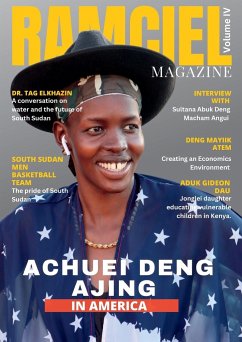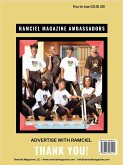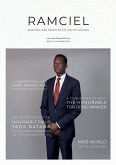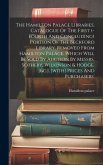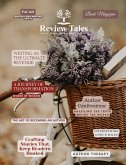Publisher's Note According to world politics South Sudan exists as a nation. For example, our flag flies in front of the United Nations headquarters along with those of 192 other countries. If you use Google or some other search engine, you can learn that Juba is South Sudan's capital and that our motherland is composed of ten states. There it is, the reality we call South Sudan. But is South Sudan really a nation, or is it an accident of British Empire building and a European notion of geography? Let's start with Juba. Were you going to pick the location of a capital for our country, would it not be better to be in the north, closer to the center of the nation? The British were not interested in founding a capital for what was eventually to become our motherland; they wanted to control the White Nile. But to this day, there are many who say that a new capital should be built - Ramciel. Beyond the location of Juba, what do states have to do with our country? We are a nation of tribal identities not geographic locations. By basing our government elections on geography, the constitution gives the larger tribes disproportionate power in decision-making and it deprives us of what should be an emphasis on shared values and faiths. In this issue Ramciel is proud to begin a dialog about the role of traditional tribal structures and beliefs with our interview of Sultana Abuk Macham Angui. In the future, we need to encourage more discussion among tribal leaders and religious figures to find those values and beliefs that will highlight our peoples and our traditions.One of the best South Sudanese traditions is our love of music and dance. Even though we may not all sing in the same language or dance the same steps, we can share and enjoy one with the other. One of the most popular musicians among us-both those of us at home and those living in the Diaspora-is Achuei Deng Ajing. Miss Achuei recently toured the United States and brought a touch of home to those of us living in America. As publisher of Ramciel I am delighted to share our interview with Achuei Deng Ajing. While music has always been an integral part of life for South Sudanese, the same cannot be said of team sports such as basketball and football. In recent years such sports have been a major conduit for others to hear of our country and many of our athletes have become celebrities at home. Ramciel is committed to helping spread that rightful pride in our athletes. That's why we try to publish so many photos of athletes and others who deserve attention and praise. There is something else that should be bringing us together as a nation: floods. Water is an integral part of our nation's existence. The word Sudan comes from the Arabic sudd, which means swamp or marsh. Our marshland is important and the tribes who live in those marshes bring important qualities to our national character. However, flooding is destructive and water can be dangerous. As a nation, we need to discuss how to handle the water of our country. This subject is especially important when we recognize that climate change models suggest that South Sudan will become wetter in coming years. With the question, "Will water be our resource or our destroyer?" in mind, I am particularly pleased that this issue of Ramciel includes an interview with hydrologist Dr. Tag Elhazine.Those of us who are part of the South Sudanese community-be we in Juba, in the hinterlands, or in the Diaspora-need to focus on our motherland as a whole. We must not allow the old thinking of London, or even that of Washington, tell us how to be a country. Instead, we must find our common cause, our shared pride, and our unique way forward. As the publisher of this magazine, I am devoted to that cause and to the future of our nation.~Deng Mayik Atem Ramciel Magazine Publisher
Hinweis: Dieser Artikel kann nur an eine deutsche Lieferadresse ausgeliefert werden.
Hinweis: Dieser Artikel kann nur an eine deutsche Lieferadresse ausgeliefert werden.

